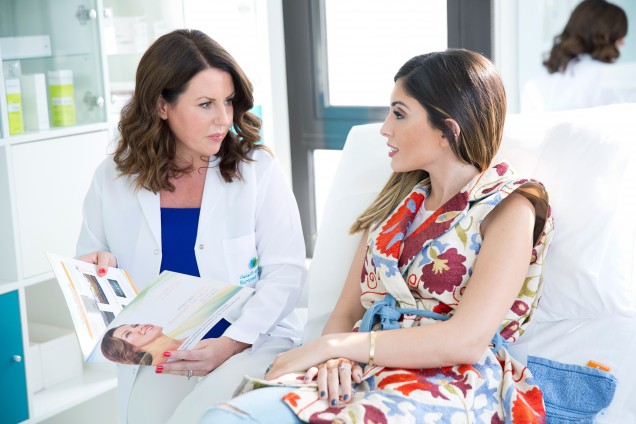Probiotics 101
I’ve been reading about Probiotics so much these days, so I asked my skincare guru, Rebecca Treston at Euromed to tell us what they really are, and if it’s something worth getting on the bandwagon for.
In order to survive and function well, our bodies need to maintain a balance between “good” bacteria and “bad” bacteria, and probiotics give the good bacteria the boost it needs to win the fight. Like the Fairy Godmother of bacteria, there are over 100 trillion probriotics living in a healthy gut, aiding digestion, keeping the immune system happy, and fighting the good fight against bad bacteria, which can cause poor digestion, diarrhoea or allergies, as well as contributing to inflammation leading to skin ageing or acne.
The supermarket shelves are groaning with juices, yoghurts and milks that contain both naturally-occurring, and added probiotics. The most common probiotic, lactobacillus, is found in fermented food such as miso and yogurt, and it’s particularly helpful in combating digestive problems and lactose intolerance.
There’s also a vast selection of probiotic supplements available, ranging from daily caplets to powders and liquid shots, and to be really effective look out for 20 billion live organisms per dose. As a healthy gut is the key to all round wellbeing, it makes sense that taking care of our insides should show in our face and hair as well, so it’s easy to see why probiotics are becoming ever more popular.
While a happy tummy can shine through in the form of glowing skin and glossy hair, It’s unsurprising that probiotics are now the buzzword in skincare, too. Probiotic ranges can help to manage the inflammation which causes skin ageing, and though the idea of adding bacteria to the skin may not sound so glamorous, it makes perfect sense. Just like in the gut, there’s both good and bad bacteria on the skin: if the balance isn’t right the result can be acne, rosacea or ageing. The new generation of probiotic products contain molecules called cytokines which can stimulate the production of elastin and defend against the detrimental effects of the environment – a perfect reason for you to consider adding them to your skincare routine!




